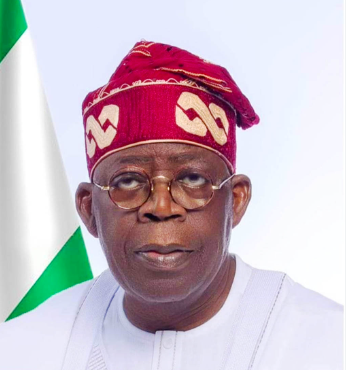The Tripartite Committee on National Minimum Wage submitted its report to the Secretary to the Government of the Federation (SGF) on Monday, concluding its assignment. This was disclosed in a statement by Segun Imohiosen, Director of Information and Public Relations in the office of the SGF.
Imohiosen noted that the formal presentation of the report to President Bola Tinubu will occur once the leadership of the organized labor, government representatives, and organized private sector return from the International Labour Organisation (ILO) Conference in Geneva, Switzerland. The SGF expressed gratitude to the Committee Chairman, Bukar Goni Aji, and the committee members for their dedication and efforts.
President Tinubu had inaugurated the 37-member Tripartite Committee on National Minimum Wage on January 30, 2024, in line with the provisions of the Minimum Wage Act, 2019. The committee was tasked with recommending a new national minimum wage for workers in both public and private sectors. The submission of the report follows the committee’s recommendation of N62,000 as the new minimum wage, marking the end of extensive deliberations.
The recommendation of N62,000 came after numerous meetings between the federal government, organized labor, and the organized private sector. However, organized labor had initially proposed N494,000, later adjusting their demand to N250,000. Despite this, the Nigeria Governors’ Forum (NGF) has argued that the N60,000 proposal is unsustainable, warning that many states would be unable to fund other projects if the proposal were implemented.
Following the submission of the report, President Tinubu is expected to forward an executive bill to the National Assembly for legislative consideration. Labor unions have temporarily suspended industrial actions related to the new minimum wage, opting to engage in negotiations with the government to reach a mutually acceptable agreement.
But speaking on Monday, the Assistant General Secretary of the Nigeria Labour Congress (NLC) Chris Onyeka insisted on ₦250,000 as the minimum wage.
“We have never considered accepting ₦62,000 or any other wage that we know is below what we know is able to take Nigerian workers home. We will not negotiate a starvation wage,” he said.
“We have never contemplated ₦100,000 let alone of ₦62,000. We are still at ₦250,000, that is where we are, and that is what we considered enough concession to the government and the other social partners in this particular situation. We are not just driven by frivolities but the realities of the market place; realities of things we buy every day: bag of rice, yam, garri, and all of that.”




